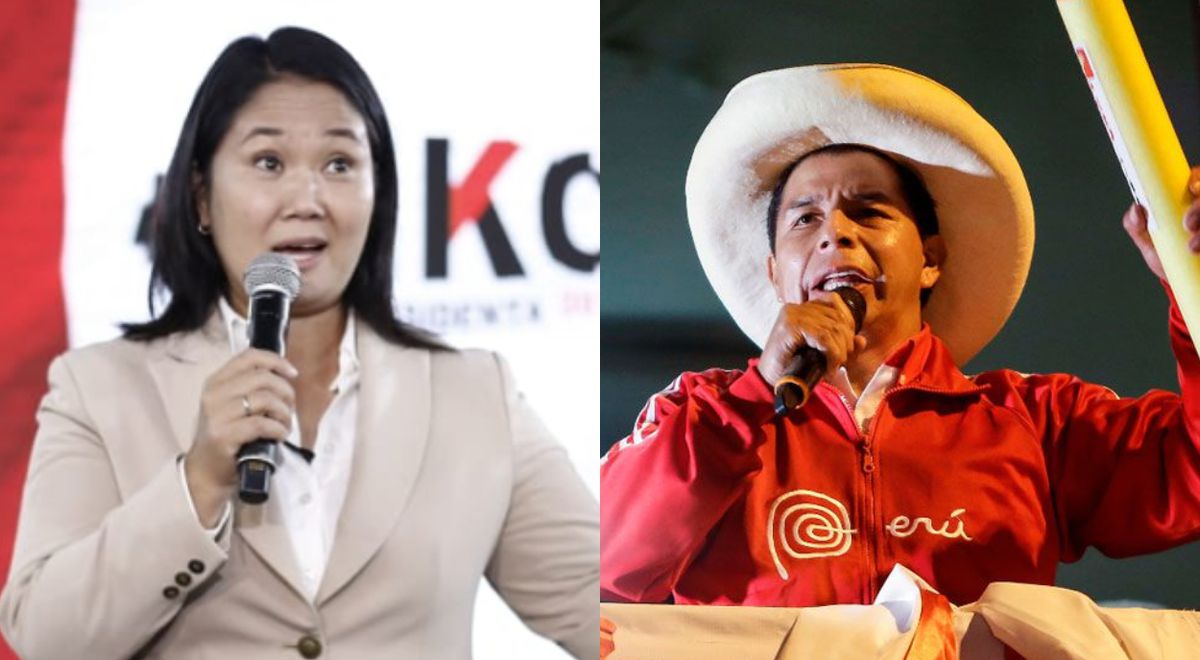The congressman —not grouped— Edward Málaga introduced a legislative initiative electoral reform to establish that there be three, and not two, presidential candidates who reach a second roundtaking into consideration the candidates with the most votes in the first.
Through Bill No. 3144/2022-CR, presented last September 22, the representative of the Purple Party search “synchronize parliamentary elections with the presidential second round”, stating that citizens can have up to three options when choosing the next president of Peru.
Furthermore, the purpose of this proposal is modify articles 18 and 20 of Law 26859, Organic Law of Electionsfor congressional elections to be held, if applicable, on the same date of the second presidential round and not in the first as at present.
In the case of article 18, it would be added to carry out “a second election on the first Sunday in June, between the three candidates who obtained the highest vote”. This, in case the expected vote had not been reached.
It would be added in article 20 of the law that the elections for congressmen are held “on the first Sunday of June”. “If there is not a second election of president, and vice presidents, this is carried out jointly with the elections for congressmen“, Add.
“The present law aims to strengthen parliamentary representation, allowing the electorate to have a longer period of reflection that guarantees governability and national political stability”, reads the document.
Congress: project seeks to avoid “radicalization of positions”
For Edward Malagathis bill configures an instrument to ensure balancesince “it will be up to the citizens to decide whether to support with their votes the necessary number of pro-government congressmen to give stability to the government, without neglecting to have a solid opposition that can monitor government acts and act as a political counterweight to the most radical positions.
In this sense, the legislator mentions that the purpose of the second presidential election it is “avoid the radicalization of the positions of the two finalist candidates”.
“However, as the Peruvian case warns, this is not necessarily true, since the candidates who go to the second round usually have an appreciable citizen rejectionproduct of a polarization that ends up evidencing that the population chooses to choose the option that it considers ‘the lesser evil’”, he says.


















